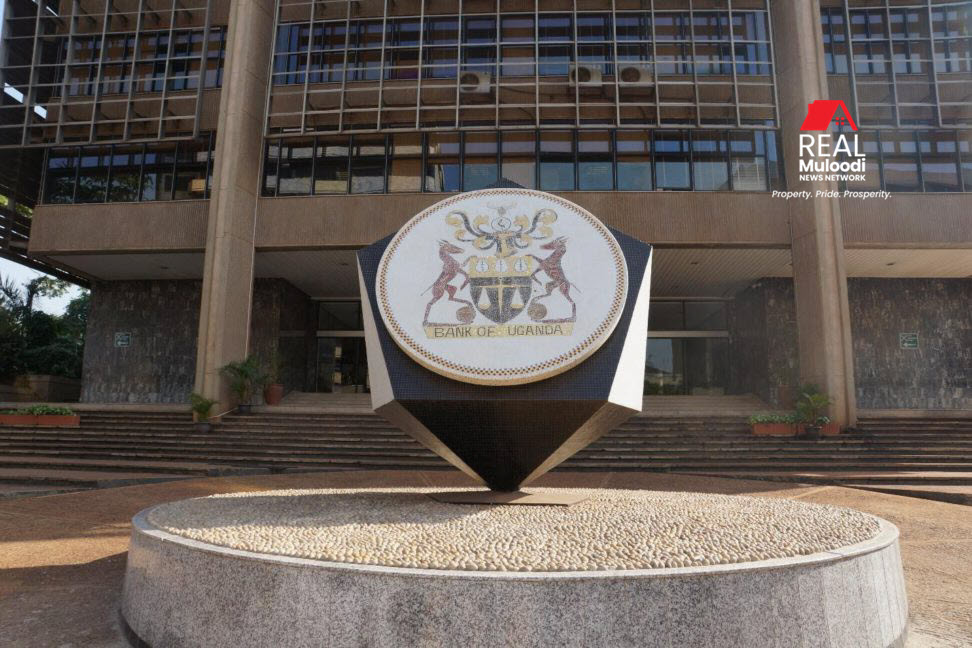UGANDA, Kampala | Real Muloodi News | The COVID-19 pandemic has deteriorated the economies of countries all over the world, Uganda being no exception. According to the monetary policy statement of the Bank of Uganda (BoU), released this August 2021, Uganda’s economy will not recover anytime soon.
The country went into lockdown to ensure the safety of its citizens when the pandemic struck. After the first wave of the pandemic, Uganda hoped for quick economic recovery. Economists expected Uganda’s economy to grow by 3.3 per cent for the financial year 2020/2021, compared to 6.3 per cent the prior financial year, 2018/2019. Unfortunately, the economic expectation slightly declined.
The second wave was not expected to occur soon. Further, it was far more severe than the first wave. This muddled the promising prospects for the economy’s recovery.
The BoU Monetary Policy Statement for August 2021 reveals the extent to which the second wave of COVID-19 and its associated containment measures have interrupted earlier economic recovery momentum following the first wave.
The BoU now projects that economic growth is unlikely to recover quickly and will range between 3.5 to 4% in Financial Year (FY) 2021/22. Based on that, Uganda’s economic growth rate of 6-7% expected in the past might be possible again only in FY 2024/25.
Financial and business experts have advised Uganda on how to best resurrect its economy towards the financial year 2024/2025. Among the suggestions made were;
- Promotion of the Buy Uganda Build Uganda (BUBU) policy to promote the consumption of local goods and services.
- The government should provide financial help to Small and Medium Enterprises (SMEs) to assist the private sector in reviving their businesses.
- The government should introduce new tax measures to favour business survival.
- The World Bank suggests the macro-economic recovery and stimulus packages combined with structural measures will sustainably increase productivity and build resilience to enhance livelihoods, the economy, and the general well-being of the World Bank.
In addition, President Museveni directed the Ministry of Finance to allocate 200 billion shillings as a stimulus package to support businesses during his COVID-19 presidential address.
Because of the impact of the COVID-19 second wave, such as high unemployment and financing constraints, The International Monetary Fund (IMF)’s loan will provide concessional financial support. It also looks forward to generating more inclusive private growth.
Economic activities, such as gradual tourism returns, accelerating private consumption, and the final decision on oil investment and broad investment, will boost Uganda’s economic growth.
READ MORE LIKE THIS:



